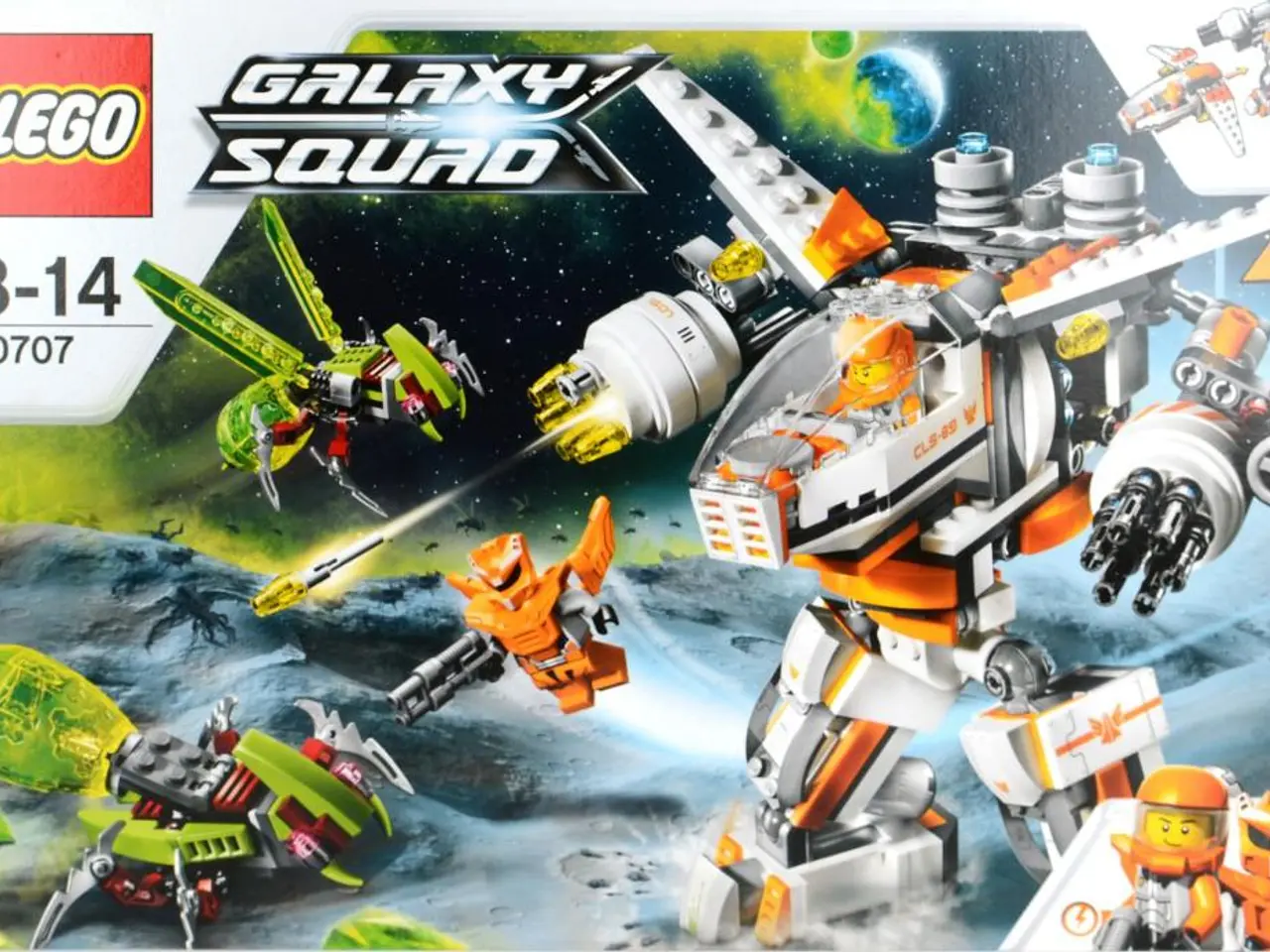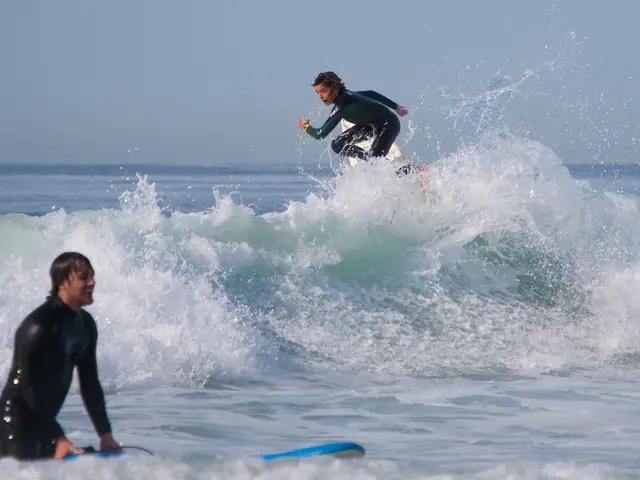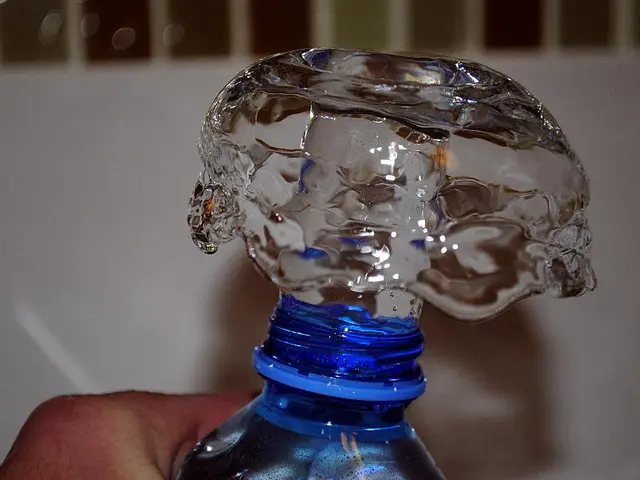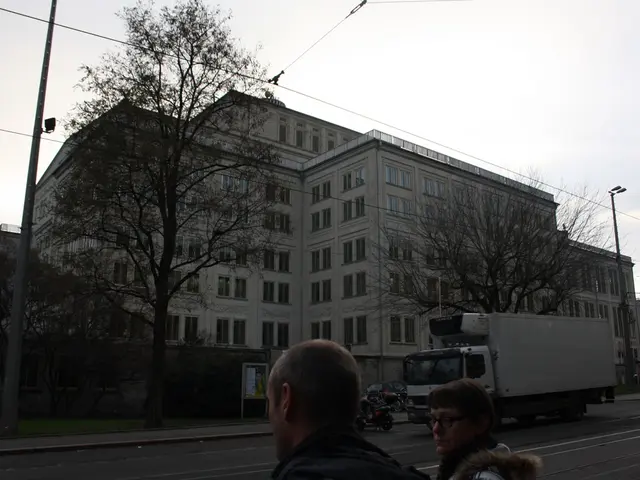TU Dresden's CeTI Pioneers Human-Robot Collaboration in Industry and Beyond
TU Dresden, a pioneer in human-machine interaction, is driving innovation in the field. The university's President, Prof. Ursula M. Staudinger, recently commented on their leading role. The CeTI excellence cluster, founded in 2014, is at the heart of this progress, fostering interdisciplinary research and dialogue about new technologies.
The CeTI research group explores the future of learning and work in the age of robots. One key initiative is the 'CeTIBAR' lab, focusing on robotics and the tactile internet. Here, collaborative robots, or 'Cobots', are used to support human labor, especially in times of skilled worker shortages. These machines take over repetitive tasks, freeing up humans for more complex work.
Recently, the 'CeTIBAR' showcased Cobots working alongside a star chef. The robots handled simple tasks like plating, serving, and decorating, while the chef prepared the main dishes. This demonstration highlighted the potential of Cobots in various industries, not just manufacturing. Doreen Böttcher, a science communicator at CeTI, aims to inspire the next generation of innovators through interactive exhibits, workshops, and lectures, promoting understanding and dialogue about these new technologies.
TU Dresden's CeTI research group continues to push the boundaries of human-machine interaction. Through initiatives like the 'CeTIBAR' lab and the work of science communicators like Doreen Böttcher, the university is promoting understanding and inspiring innovation in the field of collaborative robots.
Read also:
- Inherent Skills Know No Bounds, Yet Access to Employment Remains Unequal: Suggestions for a More Equitable Job Market of the Future
- Exploring Physical Recovery after the Overturning of Roe v. Wade Decision
- Top CDC Official Debra Houry Issues Warnings Regarding RFK Jr.'s Proposed Alterations
- "Understanding Fodder: Explore 6 Variations to Test"








